The Science of Philosophy: Theory of Fundamental Process in Human Behaviour and Experiences
Synopsis
The volume is concerned with the concept of consciousness and its incorporation in physical theories. It tries to look for a unifying mechanism for fundamental processes taking place inside the human being which are responsible for all human actions and behaviour in outer world. It argues that the essences of life in conjunction with the consciousness can provide a viable framework for understanding the physical world as well as of human / non-human behavior and its experiences.
The book presents the basics of Vedanta philosophy, comparing its viewpoint with that of objective science and other philosophies to throw light on classification of objects and inner and outer worlds and associated experiences. It studies the theory of karma, recapitulating the western view and views of modern science, and presents the Vedanta theory of karma. It takes up aspects like the role of the human being in a process with a discussion on the man machine interaction; the interaction of the human being with the physical world within the framework of Vedanta philosophy; and the interactions among human and non-human beings. Several new concepts like dressing of essences of life with consciousness, principle of minimum efforts, a (3/2)-rule for the fragmentation of consciousness, a definition of mind set function and its evolution, K-effect etc. are introduced in the book for the first time. It repeatedly points out the limitations of modern science in describing some aspects of human behaviour.
The work will be useful to a broad spectrum of readers, particularly scholars and students, physicists, biologist, psychologists, professional philosophers, particularly philosophers of science.
Read more
The book presents the basics of Vedanta philosophy, comparing its viewpoint with that of objective science and other philosophies to throw light on classification of objects and inner and outer worlds and associated experiences. It studies the theory of karma, recapitulating the western view and views of modern science, and presents the Vedanta theory of karma. It takes up aspects like the role of the human being in a process with a discussion on the man machine interaction; the interaction of the human being with the physical world within the framework of Vedanta philosophy; and the interactions among human and non-human beings. Several new concepts like dressing of essences of life with consciousness, principle of minimum efforts, a (3/2)-rule for the fragmentation of consciousness, a definition of mind set function and its evolution, K-effect etc. are introduced in the book for the first time. It repeatedly points out the limitations of modern science in describing some aspects of human behaviour.
The work will be useful to a broad spectrum of readers, particularly scholars and students, physicists, biologist, psychologists, professional philosophers, particularly philosophers of science.
57.60
51.84
$
64.00 $
Free delivery Wolrdwidе in 10-18 days
Ships in 1-2 days from New Delhi
Membership for 1 Year $35.00
Get it now and save 10%
Get it now and save 10%
BECOME A MEMBER
Books by the same author
-
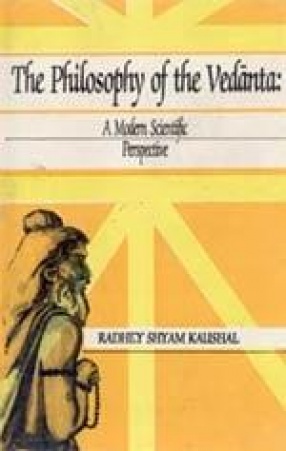
The Philosophy of Vedanta: A Modern Scientific Perspective
-
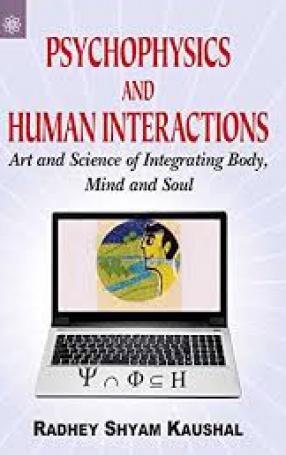
Psychophysics and Human Interactions: Art and Science of Integrating Body, Mind and Soul
-
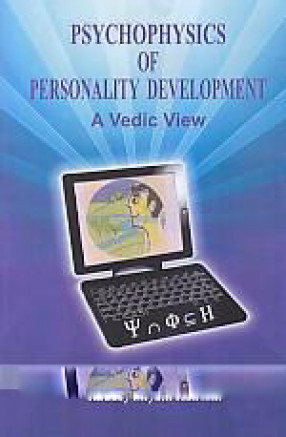
Psychophysics of Personality Development: A Vedic View: Art and Science of Integrating Body, Mind and Soul
-
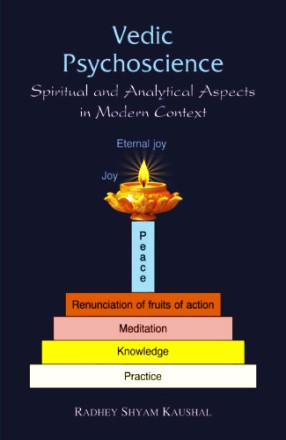
Vedic Psychoscience: Spiritual and Analytical Aspects in Modern Context

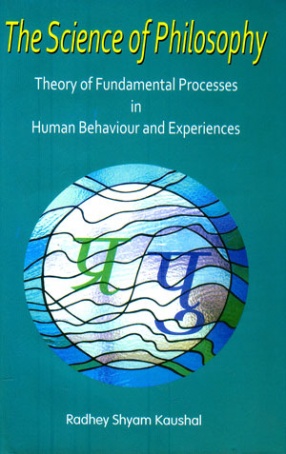


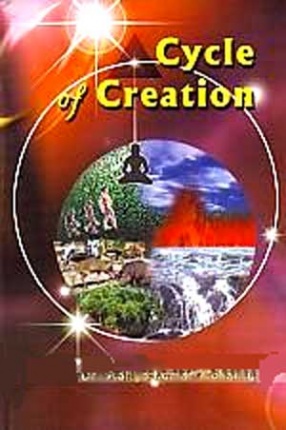
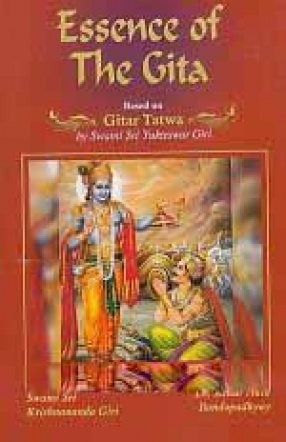

Bibliographic information